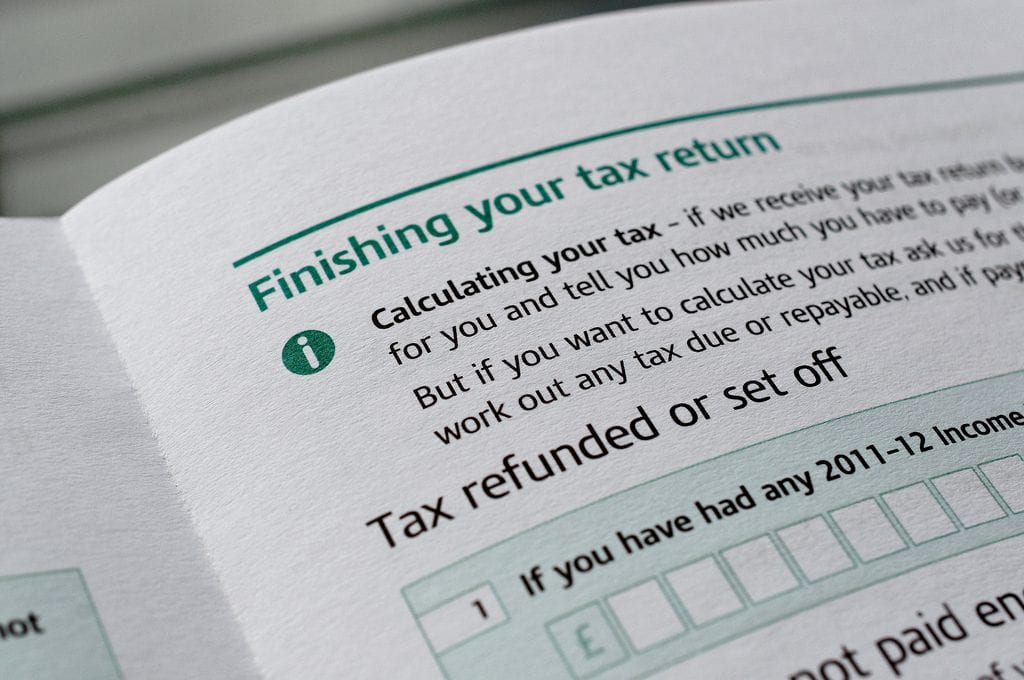
British Expats and the Self-Assessment Tax Return
 Whether heading overseas due to work or for a new life, countless UK residents leave Blighty every year. However, sometimes this move can be confusing for HMRC and some expats get caught in confusing tax situations.
Whether heading overseas due to work or for a new life, countless UK residents leave Blighty every year. However, sometimes this move can be confusing for HMRC and some expats get caught in confusing tax situations.
Brits abroad still face tax obligations and it is imperative to declare earnings before the self-assessment tax return deadline of 31st January 2018. However, HMRC does not make it easy for expats to complete this, particularly if they have missed the paper returns deadline of 31st October 2017.
If you are a British expat living abroad, you will ultimately want to know if you fall into this category and the actions you need to take if you do so to avoid a penalty fine. Keep reading to find out if you need to take any action.
HMRC’s Non-Residency Criteria
British residents are not exempt from tax laws when they move abroad. It can actually take some time to prove to HMRC that you have left the UK and your residency behind. The steps you will need to take will likely stem from how you earn and where the cash comes from.
Below is HMRC’s criteria for somebody to no longer be considered a resident:
- Spent fewer than 16 days in the UK per year (or 46 days if you have been a foreign national for 3+ years)
- Your main source of income is overseas, but you have worked up to 30 days in the UK during any tax period – a day is classed as three hours of paid services
- You have not exceeded 90 days on British soil
Whilst this may seem relatively simple in terms of residency, it is the residency status which can affect your tax liability and the rules can be complex. You can initially start by checking your residency using HMRC’s handy tool.
However, don’t be fooled. Even if you are classed as a non-resident for tax purposes, you may still have some tax to pay if you are earning any money in the UK. This can include:
- Rental income from letting your home or any property
- Inheritance processed through a British-based executor
- Dividends, bonds and bank interest
- Any earnings through employment or self-employment in the UK
- Selling a UK property (unless you have been a non-resident for a minimum of 5 years)
Although this may make things somewhat clearer still, it is worth remembering that some countries have a ‘double tax treaty’ with the UK. This means you will not have to pay tax on income twice, once in the UK and once in the overseas country you call home. However, the rules for countries can vary so it is best to read up and ask other expats to get a clear understanding.
If you are in any doubt over your status with HMRC or whether you need to submit a self-assessment tax return, seek the advice of other expats or an accountant. It is best to spend time gaining a clear understanding.
